
While violently scrubbing the bathroom sink, a reflection in the small medicine cabinet mirror caught my eye. I made eye contact with that mysterious person, and watched for a moment, almost unsure. Unsettled. A year ago, his person I was seeing had gotten engaged and moved to Chicago. She joyfully married her best friend a couple months later and since then had found herself out of work.
How was it possible that after so much movement, this woman seemed so stuck – so frozen in place.
The woman in the mirror was me.
I’d been applying to various jobs for months and despite multiple interviews, I hadn’t managed to secure a steady job. Not even “low-on-the-totem-pole ones. With a limp, tepid resume and long stretches of unemployment due to a myriad of health issues, the reasons as to why I was so “un-hirable” abounded.
Staring myself down, I ran through the list, listening to all of those voices that were quick to convince me that I was not good enough.
I pulled all my cleaning supplies together, shoved them back underneath the kitchen cupboard and moved on to my next project.
My husband reassures me, saying, “Looking for a job is a full time job, without the satisfaction of being paid. I know it’s difficult but thanks for working so hard.”
After filling out applications, making some calls, and printing resumes, it was time to go shake some hands. As I hustled by the windows of bakeries, electronics stores, and corner grocers, I repeated a mantra of self-love to myself. I entered each place with a smile, struck up a friendly conversation, handed over my resume, and upon leaving, did my best to squash down social anxiety. Then, brace myself for the next round.
After several train stops and miles of walking, I turned to go home with an empty stomach and emptying bank account.
When I arrived home later that day I turned the oven up high and roasted a chicken for dinner, seeing that same woman in the glass as I peeked in to see if the skin was beginning to crisp.
I didn’t make eye contact this time.
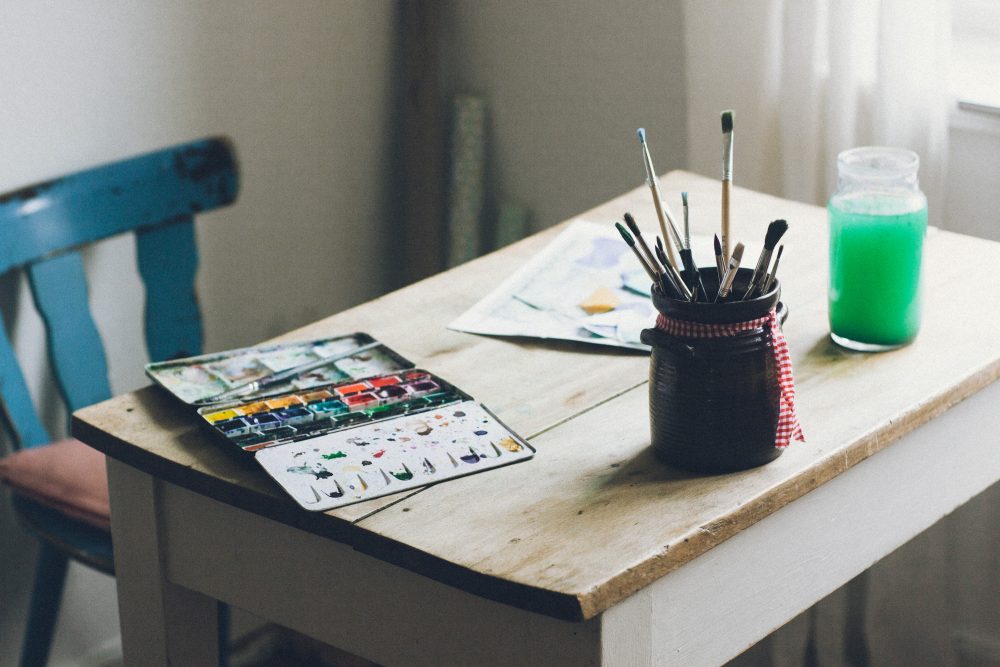
To let go of the emotions of shame and helplessness, I turned to painting. Painting has always empowered me, just as writing and music always have, but somehow the projects on my kitchen table felt uninspired.
The almost comic melodrama of depression was starting to play out in my kitchen as it occurred to me that even if they amounted to much, I was unlikely to have a career doing what I love. Proven, of course, since I couldn’t manage to land a job doing something I would hate.
I was able to laugh at myself a little; how could I do so much and feel so pathetic at the end of the day?
Several weeks later, Sara, my best friend from middle school, flew in from Alaska. Our friendship has soldiered on through the pains of adolescence, loss of loved ones, moves from state to state, and the breaking and mending of many relationships.
I received her text reporting she had landed as the Blue Line train doors slid open at the O’Hare stop, showing me a rippling vision of myself in the darkened windows. A version of myself in constant motion, a transient visage.
As everyone disembarked to find their airline, the frenetic energy jostled me out and onto an escalator. I didn’t have time to catch her eyes this time.
When I saw Sara, I felt instantly home again. That deep, comfortable love of being accepted and admired exactly as I am surrounded me. I floated through the next several days on a high. I tried to shower her with love and rest, knowing that her life as a Special-Ed teacher is rarely easy.
Yet, the excitement of being together in Chicago meant we found ourselves exhausted at the end of every day. We bustled from the Lincoln Park Zoo’s gorilla enclosure to the Chicago Theater. No, it wasn’t restful, but we were both buoyed by our activities and the company.
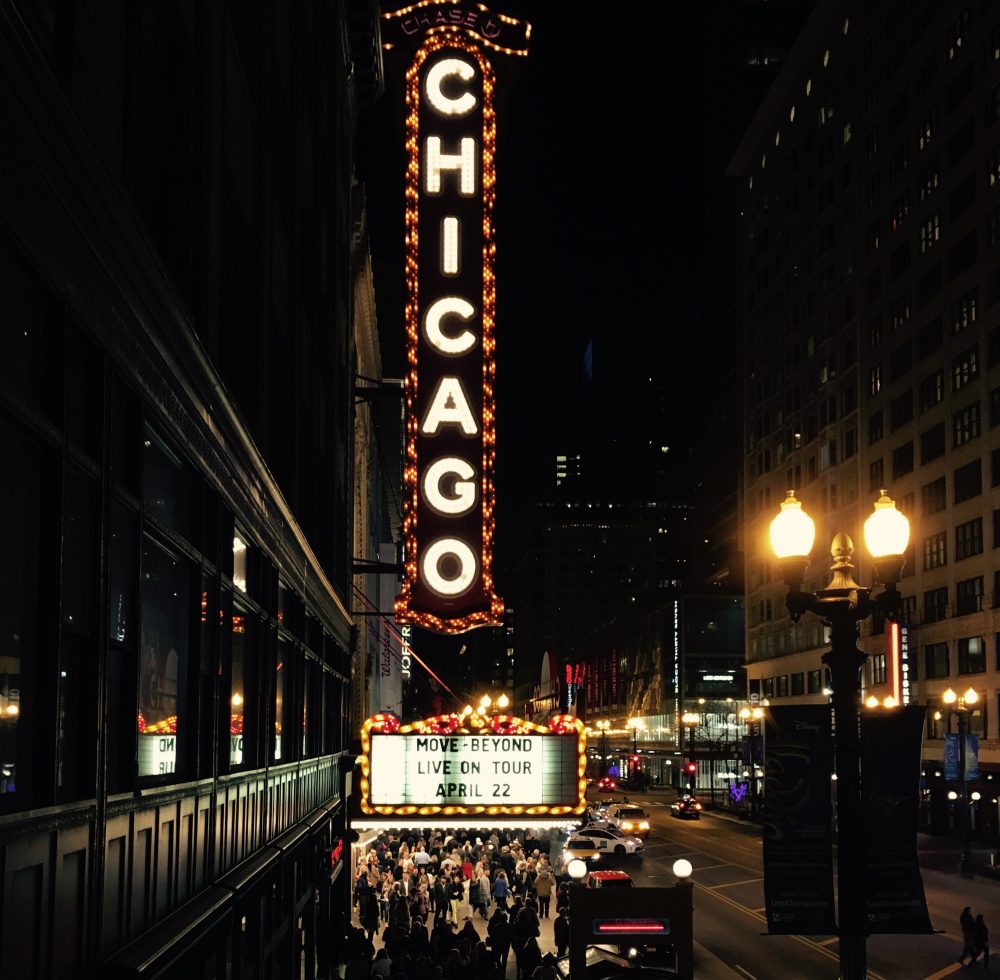
A few weeks after Sara’s visit, my brother Al came into town. He’s my only sibling, and we spent the train ride to Clark and Lake catching up on his life in Hawaii and mine in Chicago. We talked about how busy we’ve been and what shows have excited us the most.
The next day we went to Millennium Park and I showed him Anish Kapoor’s Cloud Gate, which everyone knows as “The Bean”. Its shining surface showed us distorted versions of ourselves that swayed and morphed into new images with every step. My brother’s warped expression smiled next to mine.
We had a full day: pictures with his new camera, shopping, and visiting Navy Pier. By happy circumstance, the Ferris wheel was free that hour.
As Al and I walked across Michigan Avenue, with a hundred bodies marching purposefully towards their destinations, I caught a glimpse of our reflections as we passed a shop window. We look always younger in my mind’s eye than we did in that reflection .
“It’s weird, isn’t it? Being adults visiting each other?”
“Yeah, it’s weird.” He laughed. “You’ve got to come out to Maui, even if it’s just for a few days. There’s so much to see.”
I smirked and shook my head when I saw he’d fallen asleep on the train ride home. I’ve always envied him the ability to let everything go and fall asleep wherever he was sitting or standing. What would it be like to be that free for a few moments when exhausted or stressed?
That evening, we hosted a gathering to introduce my brother to friends and after goodbyes were said, I curled up next to my husband, Shane. He was reading a graphic novel, and both of us were trying to ignore our chronic back pain. I looked at Shane while he read, and for a moment, I saw myself again. I saw a flash of whoever I am meant to be, whoever I was in the beginning.
The gap between waking and sleeping brought me close to a reality that we block ourselves from so much as we chase the light, or the money, or the power.

I saw a reflection of myself in Sara, truest of friends, filled with devotion and affection. In my only brother, who has known me longer than almost anyone, who knows all of my very real flaws and shortcomings, but loves me despite our differences. I saw myself in Shane, who has sacrificed, changed and created all this space and love in his life to include me in all its steps.
I decided to see myself a little kinder. To stop once in a while and rest in this knowledge: that it’s how I am seen by those who love me that matters.
Thankfully the measure of success doesn’t rely merely on my warped opinion of myself (or the opinion of society at large). The love of others, and indeed love of my true self, is what gives me sanctuary. It gives me purpose. It is what makes me sing a new song, paint a blank canvas, and write another story.
I breathed in deep and let it flood over me, and fell asleep with peace in my heart.
About the Author: Emma Gazley
 Emma Gazley is an artist, musician, writer, adventurer and teacher. Born to two adventurous parents, Emma was destined to be an explorer of the world, and from her earliest moments displayed signs of creativity and curiosity. She has spent time in Europe, Asia, Canada, and currently resides in the U.S. She began her journey of discovering her identity as an artist in 2012, after encountering critical health problems that caused her to lose her job and the ability to do most everyday activities. Many of her projects have, as a result of this event and others, a twinge of the painful and tragic aspects of life. Emma is interested in learning about grief and how to cope with it, as well as passionate about finding joy in the day to day.
Emma Gazley is an artist, musician, writer, adventurer and teacher. Born to two adventurous parents, Emma was destined to be an explorer of the world, and from her earliest moments displayed signs of creativity and curiosity. She has spent time in Europe, Asia, Canada, and currently resides in the U.S. She began her journey of discovering her identity as an artist in 2012, after encountering critical health problems that caused her to lose her job and the ability to do most everyday activities. Many of her projects have, as a result of this event and others, a twinge of the painful and tragic aspects of life. Emma is interested in learning about grief and how to cope with it, as well as passionate about finding joy in the day to day.

 Richard King Perkins II is a state-sponsored advocate for residents in long-term care facilities. He lives in Crystal Lake, IL, USA with his wife, Vickie and daughter, Sage. He is a three-time Pushcart, Best of the Net and Best of the Web nominee whose work has appeared in more than a thousand publications.
Richard King Perkins II is a state-sponsored advocate for residents in long-term care facilities. He lives in Crystal Lake, IL, USA with his wife, Vickie and daughter, Sage. He is a three-time Pushcart, Best of the Net and Best of the Web nominee whose work has appeared in more than a thousand publications.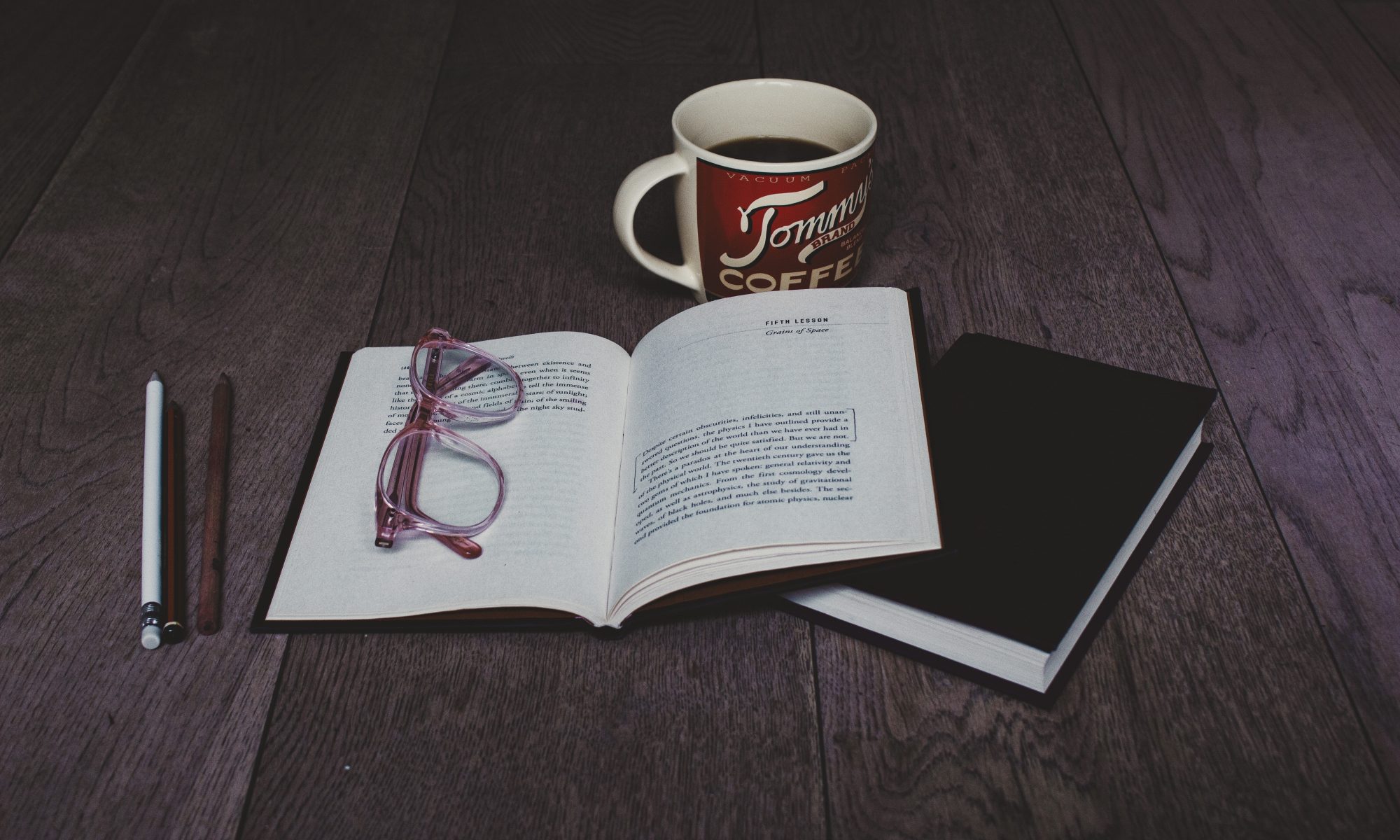


 dropping these found pennies into it. Finding change continued to happen to me.
dropping these found pennies into it. Finding change continued to happen to me.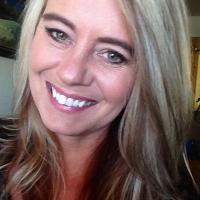 Lisa Zaran is the author of eight collections of poetry including Dear Bob Dylan, If It We, The Blondes Lay Content and the sometimes girl. She is the founder and editor of
Lisa Zaran is the author of eight collections of poetry including Dear Bob Dylan, If It We, The Blondes Lay Content and the sometimes girl. She is the founder and editor of 



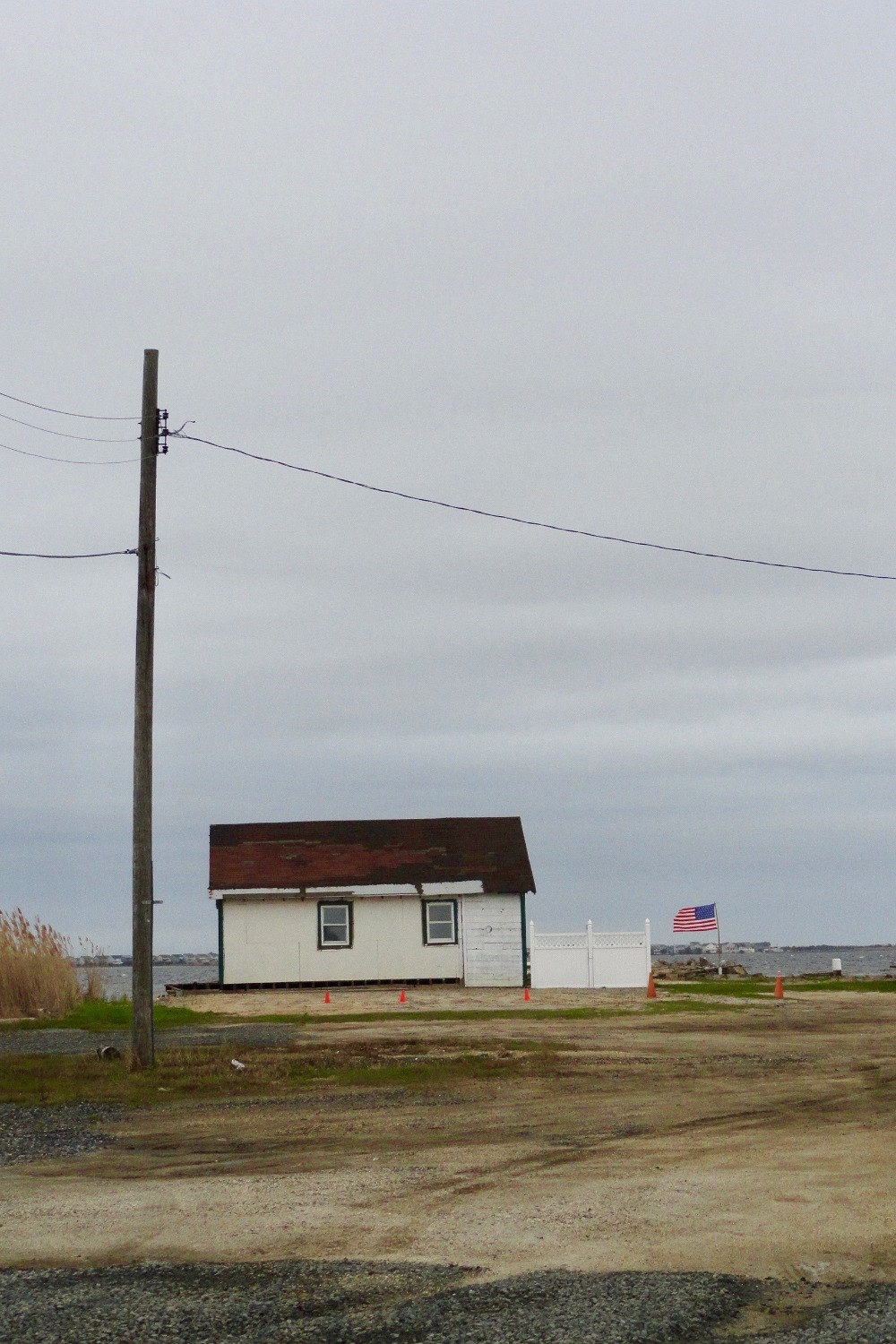
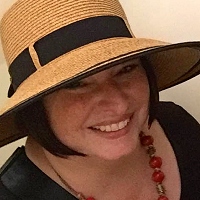


 Jennifer is a writer and explorer who believes in the power of the written word. She encourages strangers to exchange handwritten notes with one another in the mail through the Love Notes Postcard Project.
Jennifer is a writer and explorer who believes in the power of the written word. She encourages strangers to exchange handwritten notes with one another in the mail through the Love Notes Postcard Project.
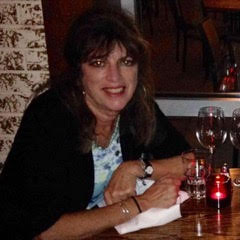 Rona Laban is a medical professional. She’s been a copywriter, as well as an editor for a published writer. Her poetry has been published in poetry anthologies and her haikus have appeared in Extract(s)Daily Dose of Lit. Online Magazine. She was the facilitator of a local poetry group and has been a feature reader at the Plymouth Center for the Arts.
Rona Laban is a medical professional. She’s been a copywriter, as well as an editor for a published writer. Her poetry has been published in poetry anthologies and her haikus have appeared in Extract(s)Daily Dose of Lit. Online Magazine. She was the facilitator of a local poetry group and has been a feature reader at the Plymouth Center for the Arts.

 Since that fateful day, I have filled at least thirty notebooks and countless online journal entries.
Since that fateful day, I have filled at least thirty notebooks and countless online journal entries. While I enjoy journaling throughout the year, summertime is ideal. The warmer weather offers indoor as well as outdoor possibilities to sit and write. I prefer to journal first thing in the morning when temperatures are cooler and the sun not quite so bright. The back porch is the perfect spot, with a cup of coffee and my favorite notebook and pen. The soft chirps of the songbirds and the quiet summer breeze provide idyllic inspiration.
While I enjoy journaling throughout the year, summertime is ideal. The warmer weather offers indoor as well as outdoor possibilities to sit and write. I prefer to journal first thing in the morning when temperatures are cooler and the sun not quite so bright. The back porch is the perfect spot, with a cup of coffee and my favorite notebook and pen. The soft chirps of the songbirds and the quiet summer breeze provide idyllic inspiration.
 Molly Totoro is a Connecticut Yankee currently residing in the Midwest with her husband and trusty basset. While Molly retired from full-time teaching in 2014 to pursue her writing dreams, she continues to work with students to achieve their writing potential. Molly recently published her first book,
Molly Totoro is a Connecticut Yankee currently residing in the Midwest with her husband and trusty basset. While Molly retired from full-time teaching in 2014 to pursue her writing dreams, she continues to work with students to achieve their writing potential. Molly recently published her first book, 





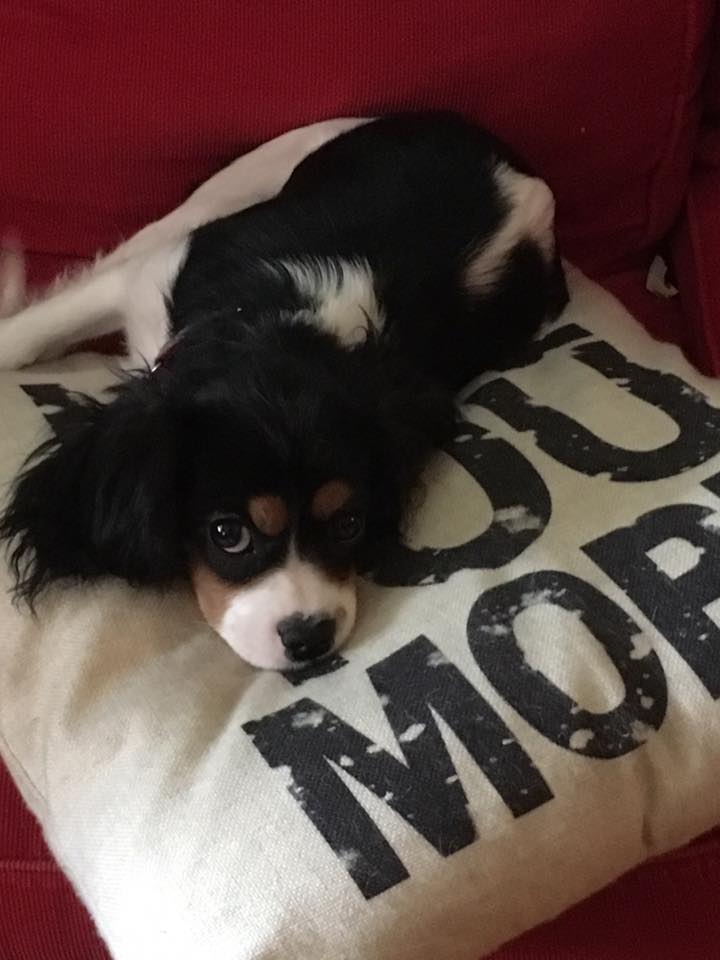


 Tabitha is a social media strategist, writer, blogger, and professional geek. Among her published works are the children’s books Jack the Kitten is Very Brave and Machu the Cat is Very Hungry, both published under the name Tabitha Grace Smith. A California girl (always and forever) she now lives in Maryland with her husband, son, and a collection of cats, dogs, and chickens. Find out more about her on her
Tabitha is a social media strategist, writer, blogger, and professional geek. Among her published works are the children’s books Jack the Kitten is Very Brave and Machu the Cat is Very Hungry, both published under the name Tabitha Grace Smith. A California girl (always and forever) she now lives in Maryland with her husband, son, and a collection of cats, dogs, and chickens. Find out more about her on her 

 crazy to get all of that (sometimes very negative) energy off me before I got home.
crazy to get all of that (sometimes very negative) energy off me before I got home. of incense or a candle in front of your cards and put your intent into the lighting of it. You can also put your cards out into the sunlight.
of incense or a candle in front of your cards and put your intent into the lighting of it. You can also put your cards out into the sunlight.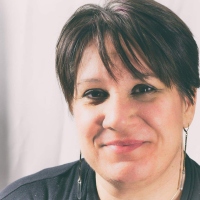
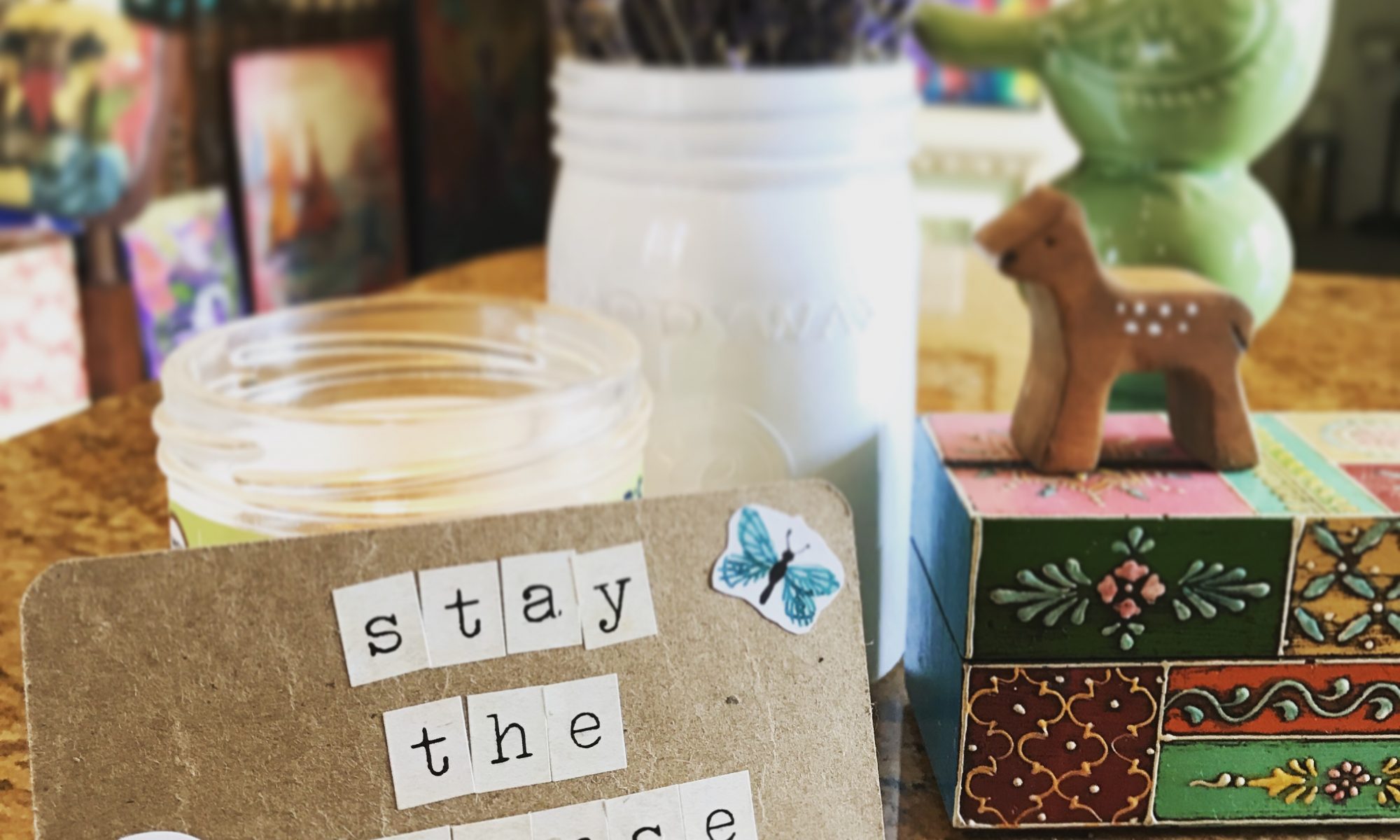

 and finally at 8:25 a.m. my daughter, the youngest, boards the elementary school bus.
and finally at 8:25 a.m. my daughter, the youngest, boards the elementary school bus. from the bus stop, we eat breakfast. Kibbles for him and it could be anything for me. Eggs, oatmeal, or a smoothie.
from the bus stop, we eat breakfast. Kibbles for him and it could be anything for me. Eggs, oatmeal, or a smoothie.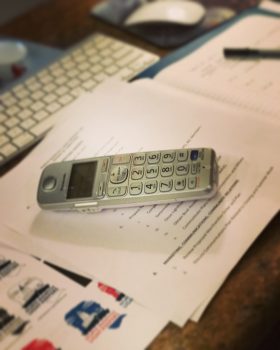 It could be that summer is in the air and I am ready for a break in the daily routine. Or maybe, it’s all. Too. Much.
It could be that summer is in the air and I am ready for a break in the daily routine. Or maybe, it’s all. Too. Much. well received. Eyes light up, heads nod, and we resume what we were doing feeling refreshed.
well received. Eyes light up, heads nod, and we resume what we were doing feeling refreshed.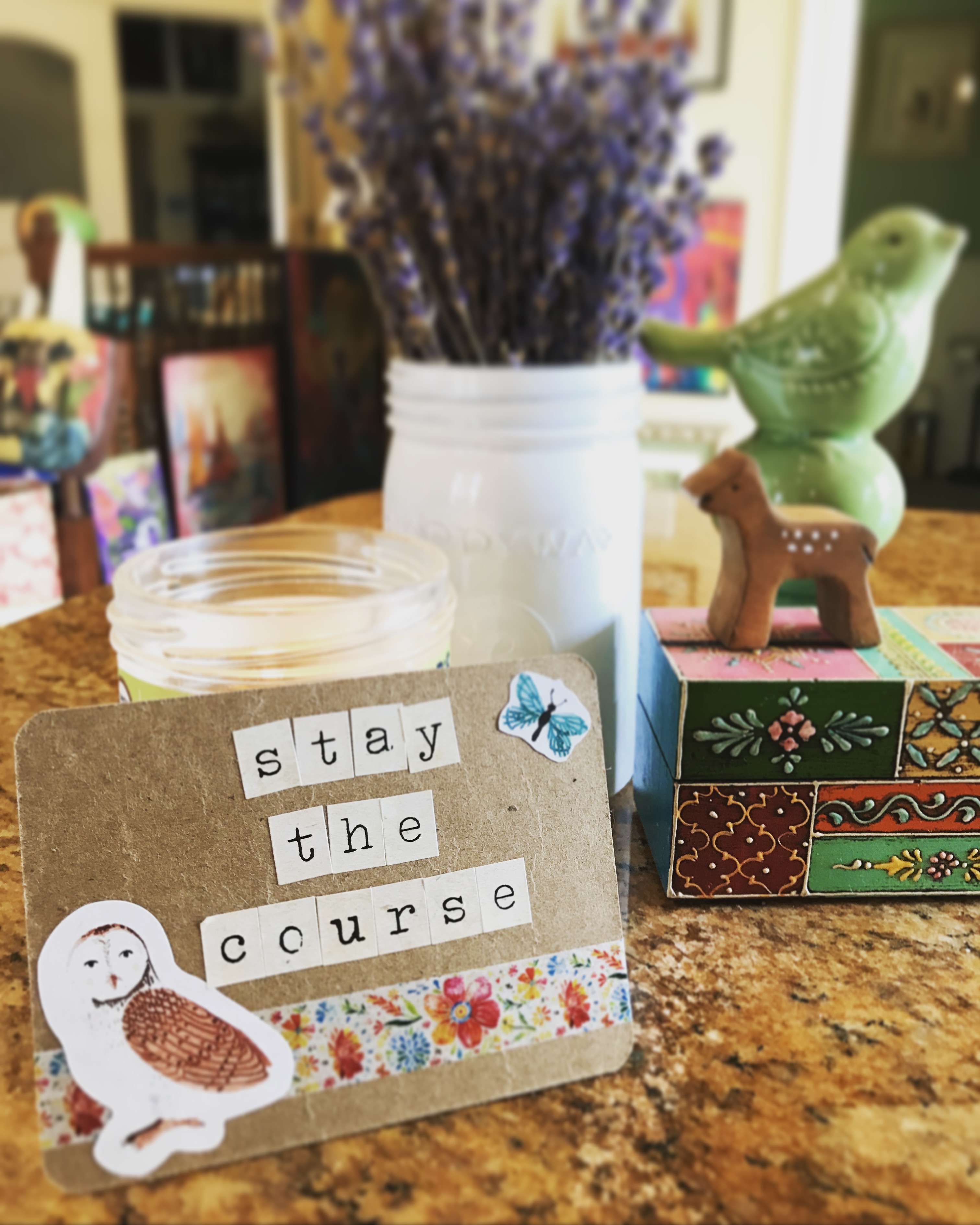 usually arguing before they even come through the door. Johnny stirs from his afternoon nap. I try to finish up whatever I’m working on in my studio.
usually arguing before they even come through the door. Johnny stirs from his afternoon nap. I try to finish up whatever I’m working on in my studio. Anna Oginsky is the founder of Heart Connected, LLC, a small Michigan-based workshop and retreat business that creates opportunities for guests to tune in to their hearts and connect with the truth, wisdom, and power held there. Her work is inspired by connections made between spirituality, creativity, and community. Anna’s first book, My New Friend, Grief, came as a result of years of learning to tune in to her own heart after the sudden loss of her father. In addition to writing, Anna uses healing tools like yoga, meditation, and making art in her offerings and in her own personal practice. She lives in Brighton, Michigan with her husband, their three children, and Johnny, the big yellow dog. Connect with her on her
Anna Oginsky is the founder of Heart Connected, LLC, a small Michigan-based workshop and retreat business that creates opportunities for guests to tune in to their hearts and connect with the truth, wisdom, and power held there. Her work is inspired by connections made between spirituality, creativity, and community. Anna’s first book, My New Friend, Grief, came as a result of years of learning to tune in to her own heart after the sudden loss of her father. In addition to writing, Anna uses healing tools like yoga, meditation, and making art in her offerings and in her own personal practice. She lives in Brighton, Michigan with her husband, their three children, and Johnny, the big yellow dog. Connect with her on her